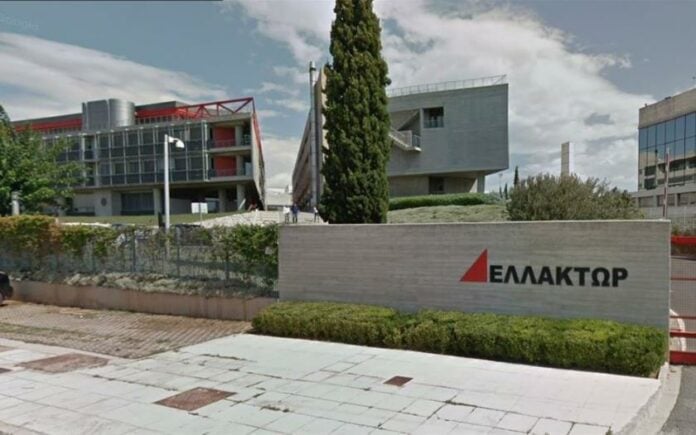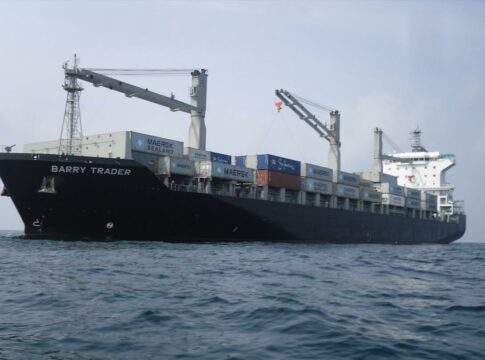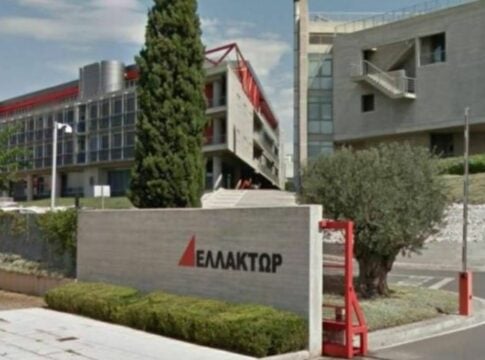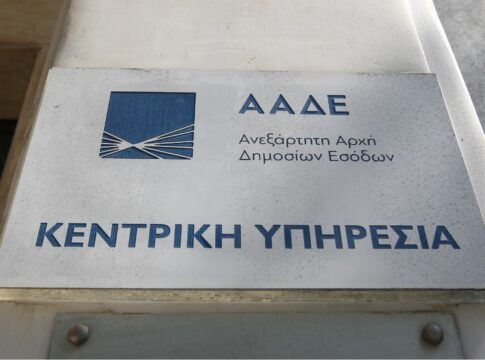Motor Oil and Ellaktor confirmed the due diligence procedure on Ellaktor’s subsidiary, Elektor, following a related report in “Naftemporiki.”
According to “Naftemporiki”, Ellaktor is reportedly closer to an agreement for the sale of its subsidiary, Elektor, to Motor Oil.
The report released on Monday placed special emphasis on the due diligence process currently underway at Elektor by Motor Oil with the prospect of being completed at the end of the month.
Both Ellaktor and Motor Oil confirmed the aforementioned process, adding that no offer has been submitted for the acquisition of Elektor, as “Naftemporiki” also stated: “If the two sides agree on the valuation of the company, the sale will proceed with Motor Oil strengthening its activity in the circular economy sector with one of the largest waste management and green energy production companies which has a presence in 8 countries.”
It is noted that the sectors of alternative fuels and the circular economy are one of the 4 main pillars of the Motor Oil Group’s strategic energy transition along with Refining Supply & Trade, Retail & Mobility and Renewable Energy Sources.
Elektor has a turnover of 120 million euros (2022 data). In the 9th month of 2023 (last published financial data) it recorded a turnover of 74.9 million and EBITDA (earnings before taxes, interest and depreciation) of 11.1 million euros.
It manages 950,000 tons of waste annually, and has, among other things, 4 biogas utilization units for electricity production, with a total capacity of 34 MW and 3 wind farms with a total capacity of 7.8 MW.
Elektor’s presence in the market is strengthened through its German subsidiary Herhof GmbH, which has developed the innovative methods of biological drying and composting in closed bioreactors which are applied in more than 50 total facilities worldwide.
Also, Elektor participates in the management company of the biological drying and mechanical sorting unit of the city of Osnabrück, Germany, serving an area of 350,000 inhabitants. The plant has a processing capacity of 90,000 tons per year, while the main product produced during the processing of the waste is available as a substitute secondary fuel in energy-intensive plants.
Its expertise in secondary fuels is believed to be one of the main reasons that makes it an attractive investment for Motor Oil.















